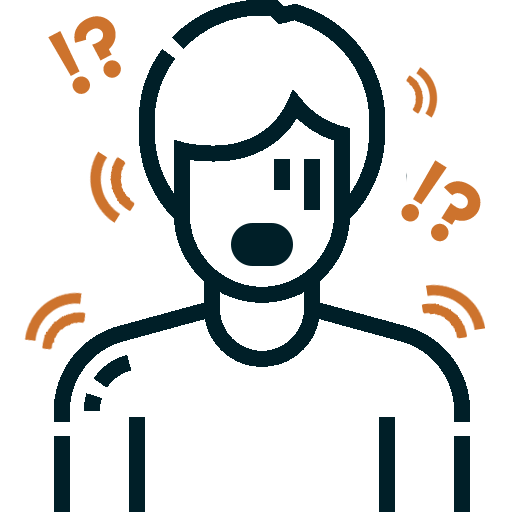Unlock the key insights into Alcohol Addiction : from its harmful side effects to the life-changing alcohol treatment solutions. Embrace a brighter future as you or your loved ones find the support needed to overcome alcohol addiction in this comprehensive guide. Let’s embark on a journey toward a healthier and happier daily life together!








